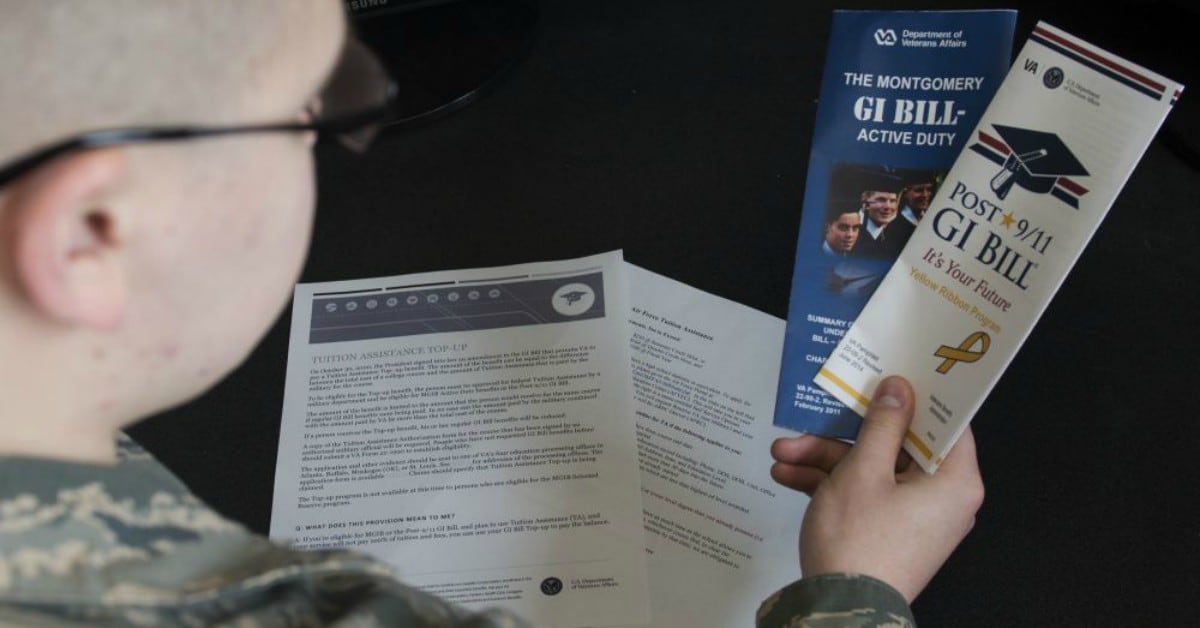As you begin your transition from military service, you have to start figuring out the answers to two essential questions: “what do you want to do next?” and “where do you want to live?’ You’ll notice that these will be the first things people tend to ask you when they find out you’re leaving the military, and not having a coherent answer to these can be a big source of stress and frustration. On the other hand, having a clear vision for your next career is a critical component to all the “must haves” for transition like writing a resume, creating an elevator pitch, being able to market yourself, conducting a focused job search and interviewing.
Here are some ways to think about figuring out your next career:
You are not alone: For those of us who have made the leap and have transitioned out of the military, the question of what to do next was unclear to most of us at first too, so you’re in good company. Not knowing exactly what you want to do isn’t a defect, it’s a feature of getting a fresh start and part of the whole transition process. Ask yourself two basic questions: 1) What are you good at? 2) What do you enjoy doing? If the answer is the same for both, I’d say that is a great starting point. Mentors, veteran transition assistance groups and networking are indispensable when it comes to filling in the rest. Be patient and give yourself the time to figure this out. Don’t be embarrassed to ask for help along the way—there is plenty of assistance out there if you know where to look.
RELATED

You don’t have to let your service define who you are or what you do next: You are free to do whatever you want, including trying something completely different. Just understand that the further your interests are from your skills and experience, the more effort is required to close these gaps and be competitive. This means you have to get busy conducting informational interviews and finding mentors in your field of interest. This networking may reveal that you need additional training, an advanced degree, or industry certifications. You may need to do volunteer work or an internship like the DoD Skillbridge program to help gain industry experience. Networking with others in your field of interest can also help you think about your service and experiences in a different way. It might even keep you from wasting valuable time chasing certifications and training that are irrelevant or not adding value to your career path. Don’t make assumptions…ask people that know.
RELATED

Using the skills you acquired in the military: You have a set of skills and experiences that came with serving in the military over the years. The path of least resistance for many exiting the military is doing something that is directly aligned with those skills and experiences because this has the potential to provide you a better paycheck and starting position. For example, if you were an intel analyst for 20 years, and you want to take off the uniform and be an intel analyst for the defense industry, then you can expect your salary to start off in the range of a senior level or subject matter expert position with little to no additional training. For those that don’t feel like working your way up the rungs of the ladder in a different career field, there will be a strong pull to stay in your comfort zone and carry-on in your field of expertise. Just know that this is perfectly fine, and in many cases a completely logical decision, particularly if your military skills are in high demand.
Finding your next career isn’t a search for the Holy Grail: There’s no perfect job, just opportunities that are on a sliding scale that range from a bad to good fit for you. Every job is going to come with its own tradeoffs and benefits. What you want to look for is something that checks as many of your preference boxes as possible, such as a suitable location, pay and benefits, time-off, company culture, work-life balance, finding something enjoyable and a boss and co-workers you like to work with.
You won’t always get it right the first time: You don’t have to stay in a job you don’t like. A job isn’t a marriage and there’s no “till death do you part” clause in any job offer. It’s also important to remember that the best time to look for a job is when you already have one. If you plan on leaving, secure your next opportunity first and leave gracefully…its never a good idea to burn your bridges. Statistically speaking, the first job you take out of the military will likely not be your last. While people tend to change careers between five to seven times during their working years, there is a clear distinction between changing jobs as a part of upward growth and better opportunities vs. being a “job hopper” who can’t seem to stay employed or figure out what they want. If you are changing jobs more than your underwear, this is not a good look and you will have an uphill battle trying to explain this to future potential employers.
RELATED

If you don’t know what you want to do, it’s like trying to write a story with no plot. A lack of direction and focus will send you down rabbit holes and cause you to waste time and energy chasing things that don’t matter. Most importantly, remember that you will be competing against other job-seekers in corporate America that know exactly what they want to do and are prepared to go out and get it. This is the environment you are about to enter and you need to be ready as well.
Kirk Windmueller is a retired Green Beret and Army veteran with over 22 years of service. He is a senior manager at Avantus Federal and a volunteer for Project Transition USA, a non-profit organization that teaches veterans how to use LinkedIn to network and find their next career. He lives in Fayetteville, NC, with his wife and three kids.
If you have questions about your transition, email transition@militarytimes.com




